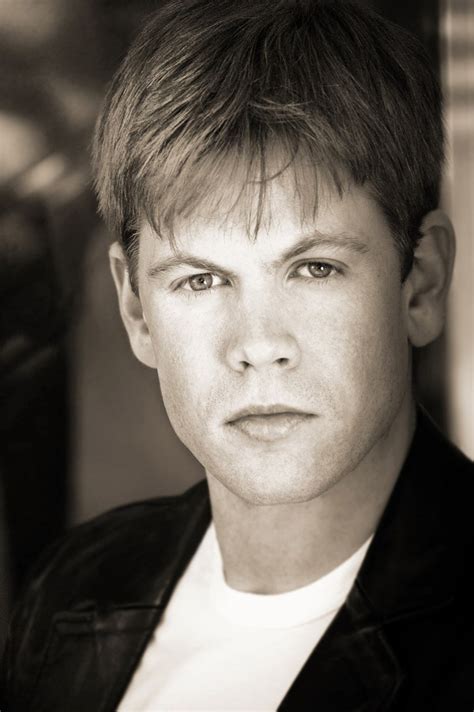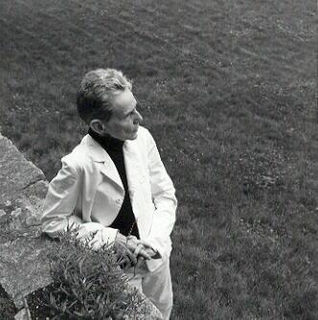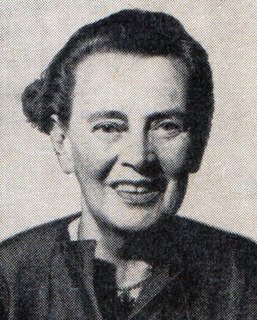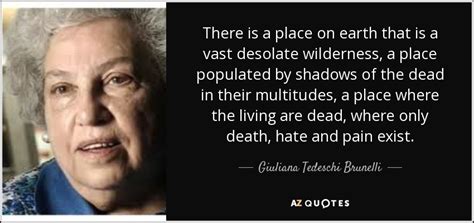A Quote by William T. Vollmann
Death cannot be experienced either by the dead or the living.
Related Quotes
Whatsoever causes no annoyance when it is present, causes only a groundless pain in the expectation. Death, therefore, the most awful of evils, is nothing to us, seeing that, when we are, death is not come, and, when death is come, we are not. It is nothing, then, either to the living or to the dead, for with the living it is not and the dead exist no longer.
Herman Melville is not comforting. Emily Dickinson isn’t either. Maybe their work is too hungry for comfort, or just too vivid for comfort. But Henry James is – profoundly so. Because he is tender. The tenderness is there in the structure of the sentence. He knows the way the poor and the dead are forgotten by the living, and he cannot allow that to happen. So he keeps on writing for them, for the dead, as if they were children to be sheltered and loved, never abandoned.
But how to know the falsity of death? How can we know there is no death? Until we know that, our fear of death will not go either. Until we know the falsity of death, our lives will remain false. As long as there is fear of death, there cannot be authentic life. As long as we tremble with the fear of death, we cannot summon the capacity to live our lives. One can live only when the shadow of death has disappeared forever. How can a frightened and trembling mind live? And when death seems to be approaching every second, how is it possible to live? How can we live?






































